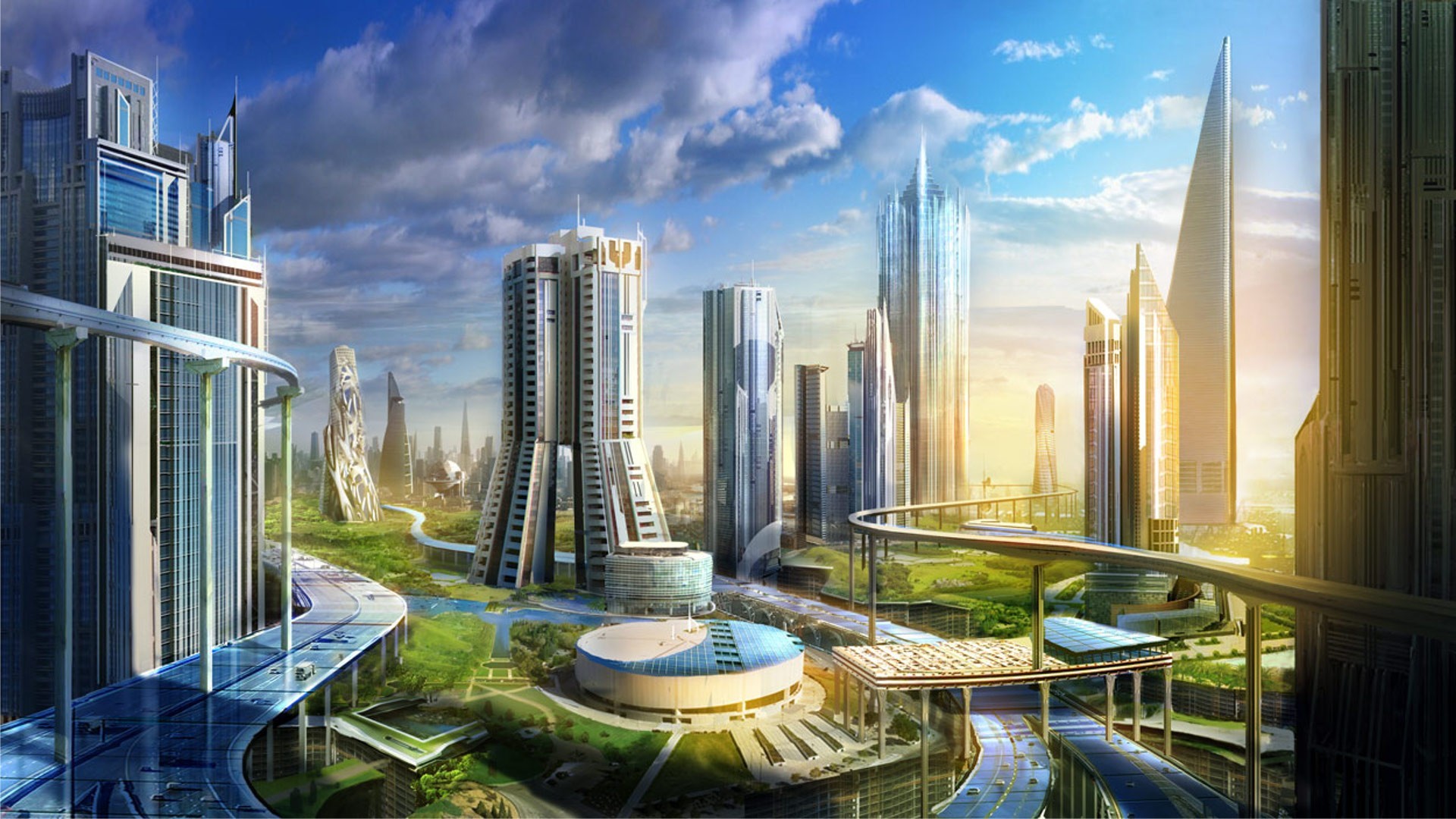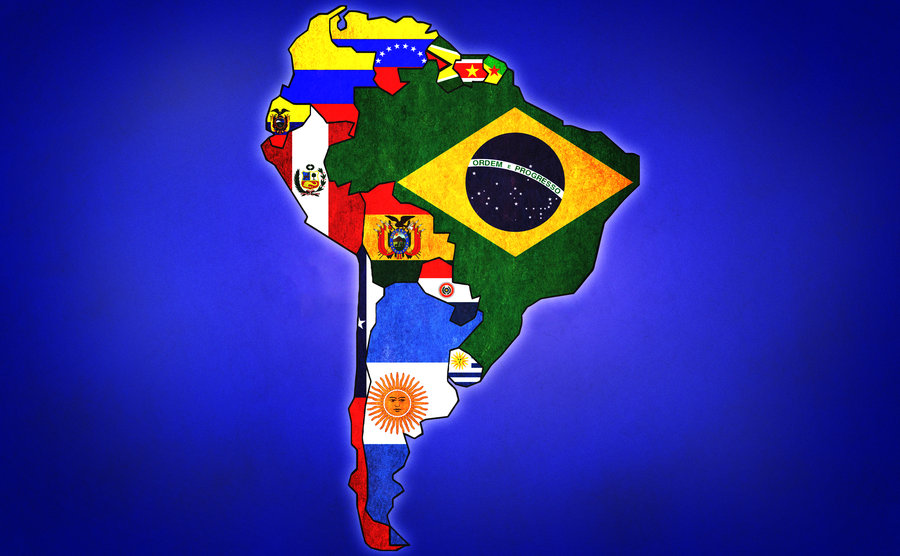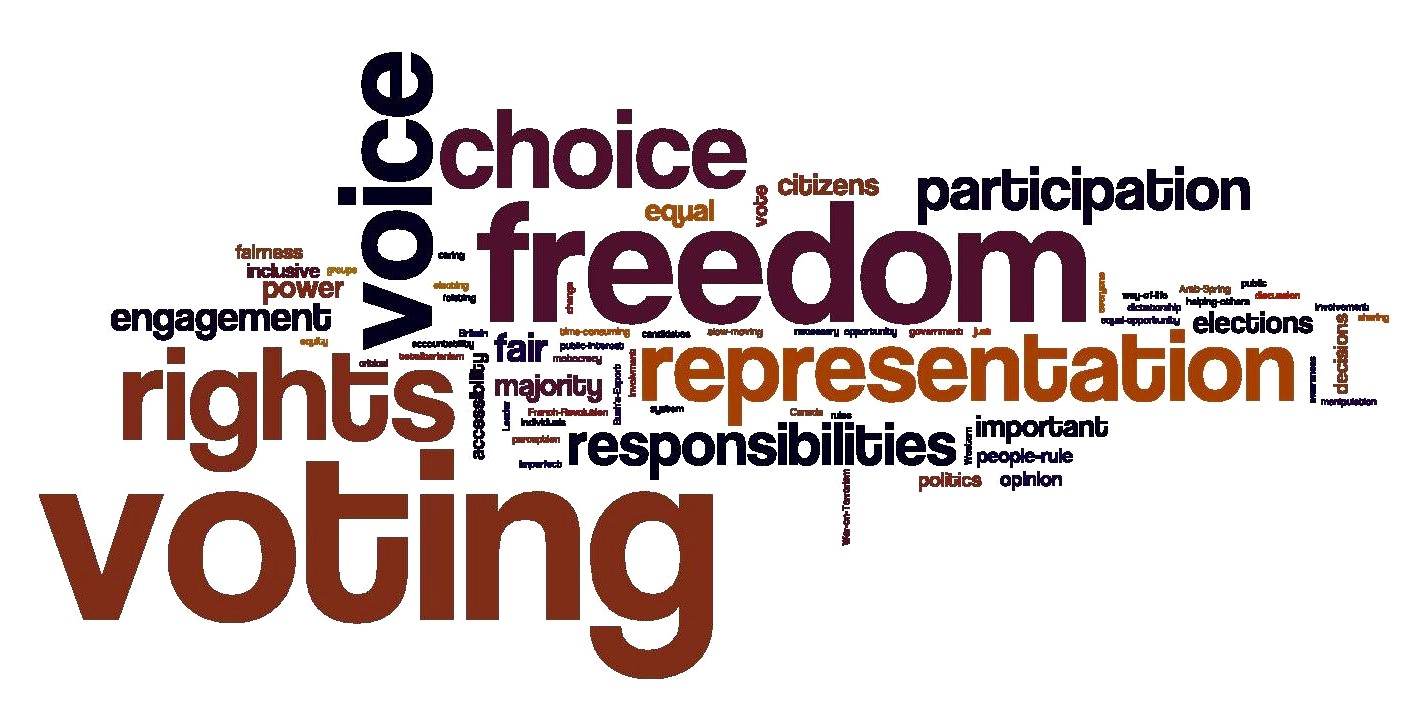By Jay Ogilvy
A few columns ago, I proposed a different vision of geopolitics based on Manuel Castells’ concept of “the space of flows.” The main idea was fairly simple: We need to supplement the literal proximities between the geopolitical entities we call “states” with another set of relationships — namely, the ties that bind some places to others through dense corridors of communication and commerce.
With the help of well-known American political scientist Francis Fukuyama, I’d like to explore yet another form of closeness and distance that could further supplement a new, less literal, geopolitics: economic and cultural similarities. I’ll start with Fukuyama’s thesis that China and southern Italy are, in a sense, “closer” to one another than are China and Japan or Italy and Israel.

In his book Trust, Fukuyama develops the thesis that low-trust societies — places where people generally have less trust for those who aren’t related to them, like China and southern Italy — put so much importance on family and relationships that they often find it difficult to succeed in industries requiring organizations that are larger than just a few families. Products such as handcrafted leather goods and clothing can be fashioned and sold by small groups of people bearing the same last name. But the automobile and aerospace industries demand larger workforces and consequently require a degree of trust among strangers that runs in short supply in southern Italy and western China.
I add the western qualifier here because western China is the old China, where trust among non-family members is still low. In the past few decades since Trust was published, coastal China has demonstrated a remarkable capacity for creating, organizing and managing some very large enterprises, including shipyards, railroads, aerospace and automobiles. This raises the question: Was Fukuyama’s thesis simply wrong? Or have the Chinese learned to trust one another?
Revisiting the ‘End of History’
Let’s take these questions in turn. It is tempting to think that Fukuyama is wrong again; wasn’t he the guy who told us that history was over? But this would be a glib conclusion that badly misreads the case Fukuyama was making in The End of History and the Last Man. To those of us steeped in the tradition Fukuyama draws on — George Friedman included — everyone knows that the phrase “the end of history” does not refer to the cessation of politics. What a ridiculous idea, as if one day we might wake up to a world in which journalists no longer had anything to write about! Fukuyama is not deluded, as countless commentators have made him out to be with sentences starting with, “Contrary to Fukuyama’s idea that history is over … ”

Instead, “the end of history” refers to a particular reading of German philosopher Georg Wilhelm Friedrich Hegel’s work by a French scholar named Alexandre Kojeve. In a series of influential lectures in Paris during the 1930s, Kojeve laid out an interpretation of Hegel, according to which Hegel (the thinker) saw himself teaming up with Napoleon (the historical actor) to accomplish a kind of rounding out of history in word and deed. To the extent that Hegel’s words brought to self-consciousness Napoleon’s uniting of Europe, then the disparate and often senseless acts of history that had occurred up to that point could be understood to have achieved a new level of meaning and maturity.
Kojeve certainly wasn’t maintaining that according to Hegel, history was over and nothing would happen anymore. Again, that would be ridiculous. Nor was Fukuyama claiming anything of the kind. Instead he was borrowing this idea, well known to some, to make similar sense of the demise of both communism and fascism in the 20th century. With only democratic capitalism left, the contest between world-dominating ideologies was over. A new maturity, not the shutdown of death, had been achieved. With the violence of adolescence behind us, we could enter into adulthood, with all the headlines and events that “adult” development would engender.
Of course, it is possible to question both Kojeve and Hegel about their reading of Napoleon’s significance, just as it is possible to question Fukuyama’s view that democratic capitalism has triumphed quite as thoroughly as he claims. After all, China still resists democracy, and since 2008 we have reason to look for another chapter in the history of capitalism. But these are sensible debates about real issues, not facile dismissals of a foolish claim that was never intended to be made in the first place.
So Fukuyama is not wrong again, because he was never wrong to begin with. Nor, I think, is he wrong now to call attention to the figurative “closeness” between southern Italy and China. Their economies, and hence their geopolitical power, are still inhibited by low levels of trust between non-kin. Look at Italy’s plight as one of the southern European nations tearing the European Union apart. Look at the near panic induced among many senior Chinese officials who are cowering under the threat of arrest. Chinese President Xi Jinping’s anti-corruption campaign is unfolding for a reason: The “radius of trust,” to use Fukuyama’s vivid phrase, is still too often drawn tight around friends and family, even as companies in China get bigger.
Fukuyama on Political Order

Fukuyama’s focus on the importance of trust carried into his later two-volume magnum opus, The Origins of Political Order (2011) andPolitical Order and Political Decay (2014). These magisterial tomes trace the origins and evolution of political organizations from their pre-human roots in primate biology to the present day.
There is no way to adequately summarize more than a thousand pages in less than a thousand words. Still, I want to draw your attention to this work because Fukuyama’s framework sheds light on two areas of great interest today: First, the crises in southern Europe and the Middle East, and second, the prospects for democracy in China.

For Greece and Italy, his lesson is fairly simple: Don’t assume that once modernization has been achieved, liberal democracy will flourish like mushrooms after a rainstorm. After taking the time to review several histories of nation building and state building — the two are not the same, as Fukuyama shows in great detail — he is able to conclude with authority that there are several paths, not just one, toward modernization and development.
Fukuyama then identifies the six major components of a geopolitical model: economic growth, social mobilization, ideas/legitimacy, democracy, rule of law and the state. By reviewing and comparing the histories of state formation in China, Europe, Russia, Latin America, the United Kingdom, North America and Africa — in other words, the history of the entire world — Fukuyama is able to show how different countries’ paths toward modernization have been.
“In Britain and America, economic modernization drove social mobilization which in turn created the conditions for the elimination of patronage and clientelism. In both countries, it was new middle-class groups that sought an end to the patronage system. This might lead some to believe that socioeconomic modernization and the creation of a middle class will by themselves create modern government. But this view is belied by the Greek and Italian cases, societies that are wealthy and modern and yet continue to practice clientelism. There is no automatic mechanism that produces clean, modern government, because a host of other factors is necessary to explain outcomes.”
A similar lesson can be drawn with respect to Syria, Iraq and Afghanistan. Whatever one has to say about the wisdom of driving on to Baghdad in the Iraq War, the bungling of the U.S. occupation showed a callow lack of appreciation for that “host of other factors” involved in institution building.
“Results of state building are very disappointing. The United States is scheduled to withdraw its forces from Afghanistan in 2016 without having created a functional, legitimate centralized state. Iraq seemed to have more of a state, but the latter’s authority in the areas north of Baghdad collapsed in 2014. Repeated interventions and billions of dollars in foreign assistance have yet to create functional governments in either Haiti or Somalia.”
The Recurring Threat of Patrimonialism
One theme that shows up throughout Fukuyama’s work is the unending tension between the need for objective, neutral and fair rule-based institutions on the one hand, and mankind’s age-old tendency to favor family and friends on the other. Even where the rule of law has triumphed after centuries of familial favoritism by tribal leaders, society hasn’t managed to eliminate the perpetual threat of “repatrimonialism” — a big word that plays a big role, by Fukuyama’s measure.
This brings us back to China, for there as nowhere else we see the contest playing out: Can China move beyond “rule by law,” where the legal system is used to level the playing field for everyoneexcept the country’s leaders, to “rule of law,” where the leadership is not, in patrimonial fashion, above the rules governing everyone else?
The jury is still out, but Fukuyama’s framework gives us a helpful lens through which we can read breaking news stories about China. Fukuyama begins his history of statecraft by pointing out that China was the first in the world to transition from warring tribes to a functioning, centralized state under the Qin dynasty in the third century B.C. Much has happened since then, of course, and the paroxysms of the 20th century — from Mao’s Long March, through the Cultural Revolution, to Deng Xiaoping’s dictum “to get rich is glorious” — may have cut the roots to China’s past so thoroughly that no vestige of its long history could last. But in one of his bolder chapters, titled “The Reinvention of the Chinese State,” Fukuyama makes the claim that “whether or not participants in that process were aware of what they were doing,” Chinese leaders have been engaged in a kind of Confucian repatrimonialization since 1978 that is, in many ways, reminiscent of dynasties past. “The reformers were deliberately seeking to establish a Western-style Weberian bureaucracy, but in doing so they inadvertently recovered some of their own traditions.”
So what about the future? Will the growth of the middle class in China generate louder calls for democracy? Or can authoritarian capitalism persist? As of this writing, Fukuyama is on his way home from China, and we will be talking in the coming weeks. I’ll convey the outcome of our conversation in my column next month.







